Cystic acne is a severe kind of acne. These occur when the skin pores become blocked, which results in inflammation and infection. According to the best dermatologists in Salt Lake, this blockage happens due to a combination of oil, bacteria, and dry skin cells that get trapped within the pores of the skin. Below, we will discuss the symptoms and treatments of cystic acne.
Symptoms and Causes of Cystic Acne by the best dermatologists
● Symptoms
- A red lump under your skin
- Tenderness and pain
- Pus filled or has a whitish-yellow head
● Causes
Your skin pores can get clogged by the dead skin cells and excess oil. The bacteria enter your skin pores and interfere with the oil and the dead skin cells. It leads to swelling in the dermis or in the middle layer of the skin. As a result, a red, infected, swollen lump appears, known as an acne cyst.
Some other causes of cystic acne include age. For instance due to hormonal changes during adolescence, teenagers are more likely to get cystic acne, says the best dermatology clinic in Salt Lake.
Treatments for Cystic Acne
● Oral antibiotics
Oral antibiotics can help in treating cystic acne in case it covers a large area of the skin. It is also a primary chosen acne treatment that decreases inflammation and bacteria that contributes to the formation of cystic acne. For concerns regarding bacterial resistance, dermatologists usually suggest taking antibiotics for a short period of time.
● Topical retinoids
Topical retinoids are derived from Vitamin A. They unplug the hair follicles to prevent and rid the skin of cystic acne. At times, topical antibiotics, along with retinoids, work together to treat acne more effectively, as per the opinion of the best dermatologists in Rajarhat. One can use topical retinoids on a daily basis, and it comes in the form of gels, lotions, and creams. As using retinoids can make your skin prone to sunburn; hence, your dermatologist may also ask you to wear sunscreen.
● Oral contraceptives
If you develop cystic acne from hormonal fluctuations during your menstrual cycles, oral contraceptives prescribed by your dermatologist will be the best acne treatment. Birth control pills have estrogen that regulates your hormonal levels and reduces your acne. However, if you suffer from blood clots or are trying to conceive, this treatment will not be suitable for you.
If you experience cystic acne, you must consult a dermatologist, as it is difficult to get it treated at home. Moreover, going to a dermatologist will prevent any significant kind of scarring.


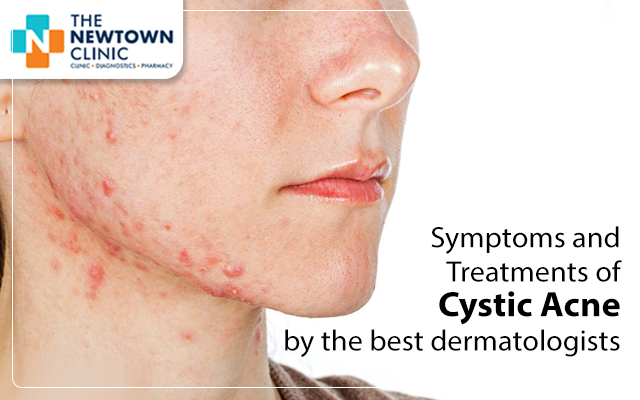
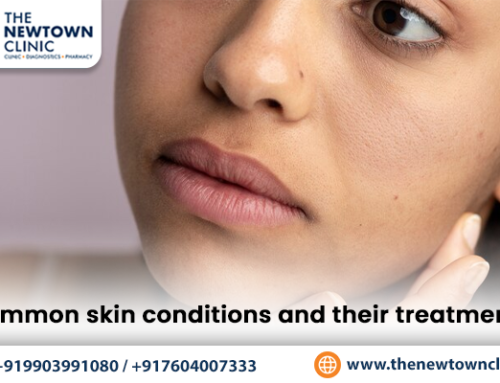
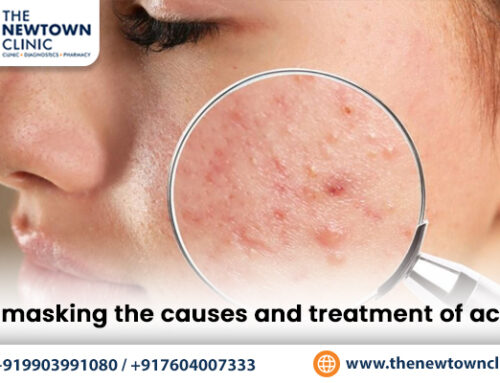
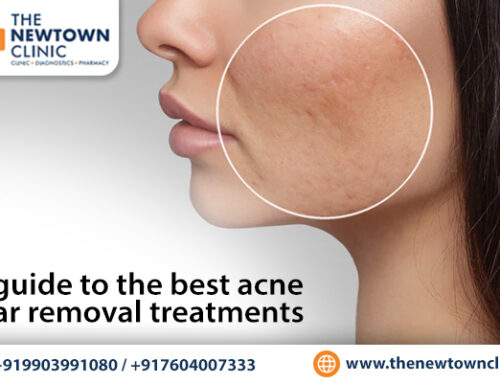
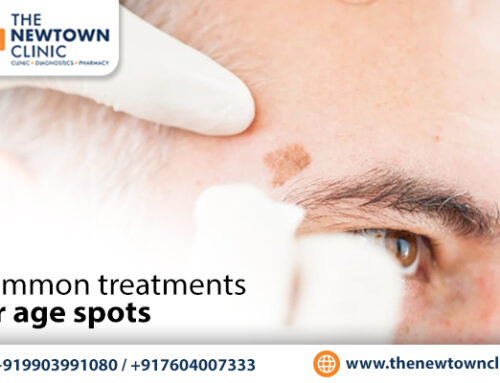
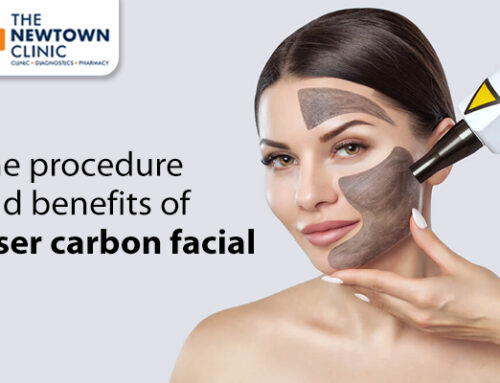
Leave A Comment